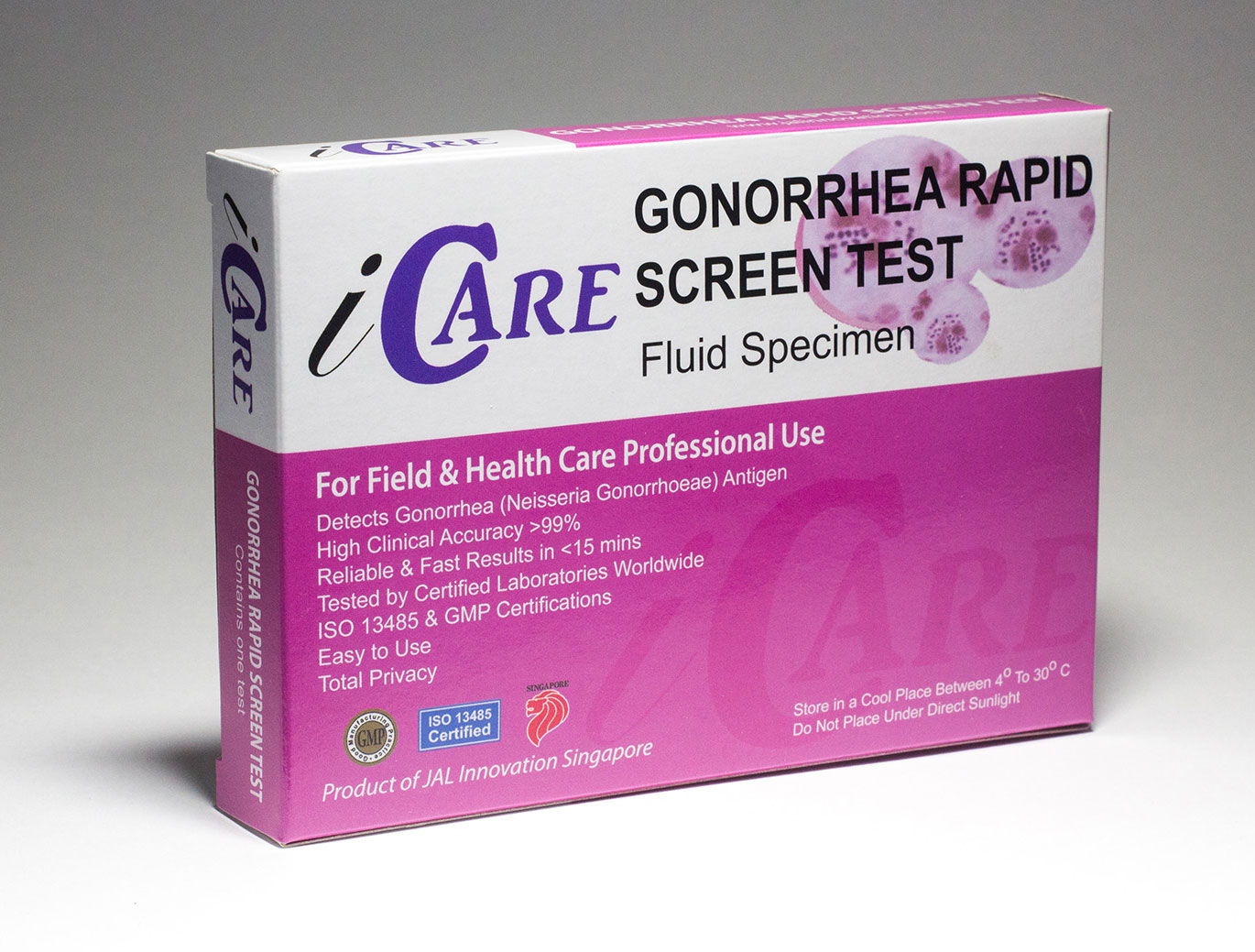Gonorrhea is a sexually transmitted infection (STI) caused by the Neisseria gonorrhoeae bacterium. It can affect both men and women and is primarily spread through unprotected sexual intercourse. Gonorrhea can lead to serious health complications if left untreated, including infertility, pelvic inflammatory disease, and increased risk of HIV transmission.
Gonorrhea in West Africa
West Africa, comprising countries like Nigeria, Ghana, Ivory Coast (Côte d’Ivoire), Senegal, Burkina Faso, Niger, Mali, Guinea, Benin, Togo, Sierra Leone, Liberia, Mauritania, Guinea-Bissau, The Gambia, and Cape Verde, faces significant challenges in combating gonorrhea. Limited access to healthcare services, stigma surrounding STIs, and lack of awareness contribute to the spread of the infection in the region.
The Need for Rapid Testing
Rapid testing for gonorrhea is crucial for early detection and treatment, especially in resource-limited settings. Traditional laboratory-based tests may not be readily available or accessible to everyone. Rapid tests offer a convenient and efficient way to diagnose gonorrhea, enabling timely intervention and reducing the risk of complications.
iCARE Gonorrhea Rapid Test Kit
The iCARE Gonorrhea Rapid Test Kit is designed to provide quick and accurate results, making it suitable for use in diverse settings, including West Africa. The kit detects the presence of gonorrhea antigens in genital swab samples, offering results within minutes.
How it Works
The test utilizes lateral flow immunoassay technology to detect gonorrhea antigens. A swab sample is collected from the genital area and inserted into the test device. If gonorrhea antigens are present in the sample, colored lines appear on the test strip, indicating a positive result.
Accuracy and Reliability
Clinical studies have demonstrated the high accuracy and reliability of the iCARE Gonorrhea Rapid Test Kit. It offers sensitivity and specificity comparable to laboratory-based tests, ensuring reliable results for healthcare providers and patients.

Gonorrhea Rapid Test Kit in West African Countries
In Nigeria, the prevalence of gonorrhea is a significant public health concern. The availability of rapid test kits facilitates widespread screening efforts, particularly in urban and rural areas. Community health workers play a vital role in conducting tests and providing counseling services.
In Ghana, efforts are underway to integrate gonorrhea rapid testing into existing STI prevention and control programs. Mobile clinics and outreach campaigns target high-risk populations, including young adults and marginalized communities.
In Ivory Coast (Côte d’Ivoire), the government prioritizes STI prevention and control, including gonorrhea testing and treatment services. Public awareness campaigns aim to reduce stigma and encourage testing among sexually active individuals.
In Senegal, community-based organizations collaborate with healthcare providers to increase access to gonorrhea rapid testing in urban and rural areas. Innovative approaches, such as self-testing kits and telemedicine, enhance testing uptake and early detection.
In Burkina Faso, gonorrhea rapid testing is integrated into antenatal care and reproductive health services to prevent mother-to-child transmission. Health education initiatives promote safe sexual practices and regular testing among vulnerable populations.
In Niger, where healthcare infrastructure is limited in remote areas, mobile clinics and outreach teams provide gonorrhea testing and treatment services. Training programs for healthcare workers strengthen diagnostic capacities and ensure quality care.
In Mali, gonorrhea rapid testing is part of comprehensive STI control efforts, including condom distribution and partner notification services. Collaborative partnerships with local organizations enhance community engagement and support.
In Guinea, the government invests in expanding access to gonorrhea rapid testing through public health facilities and pharmacies. Peer educators play a crucial role in raising awareness and promoting testing among young people.
In Benin, efforts are focused on integrating gonorrhea rapid testing into primary healthcare services and school-based health programs. Youth-friendly services and targeted interventions aim to reduce STI transmission rates among adolescents.
In Togo, gonorrhea rapid testing is available in urban and rural health centers, supported by community outreach activities and health promotion campaigns. Accessible testing services contribute to early detection and treatment of gonorrhea infections.
Conclusion
The iCARE Gonorrhea Rapid Test Kit offers a valuable solution for combating gonorrhea in West Africa. Its rapid and reliable results enable early detection and treatment, contributing to the reduction of STI transmission and improved public health outcomes in the region.
FAQs : Gonorrhea Rapid Test Kits
Are gonorrhea rapid test kits accurate?
- Yes, gonorrhea rapid test kits provide accurate results comparable to traditional laboratory-based tests.
Who should get tested for gonorrhea?
- Anyone who is sexually active or at risk of STIs should consider getting tested for gonorrhea, especially if experiencing symptoms or engaging in unprotected sex.
Can gonorrhea be cured?
- Yes, gonorrhea is curable with appropriate antibiotic treatment. Early diagnosis and treatment are essential to prevent complications and further transmission.
How is gonorrhea transmitted?
- Gonorrhea is primarily transmitted through unprotected sexual intercourse with an infected person. It can also be passed from mother to baby during childbirth.

